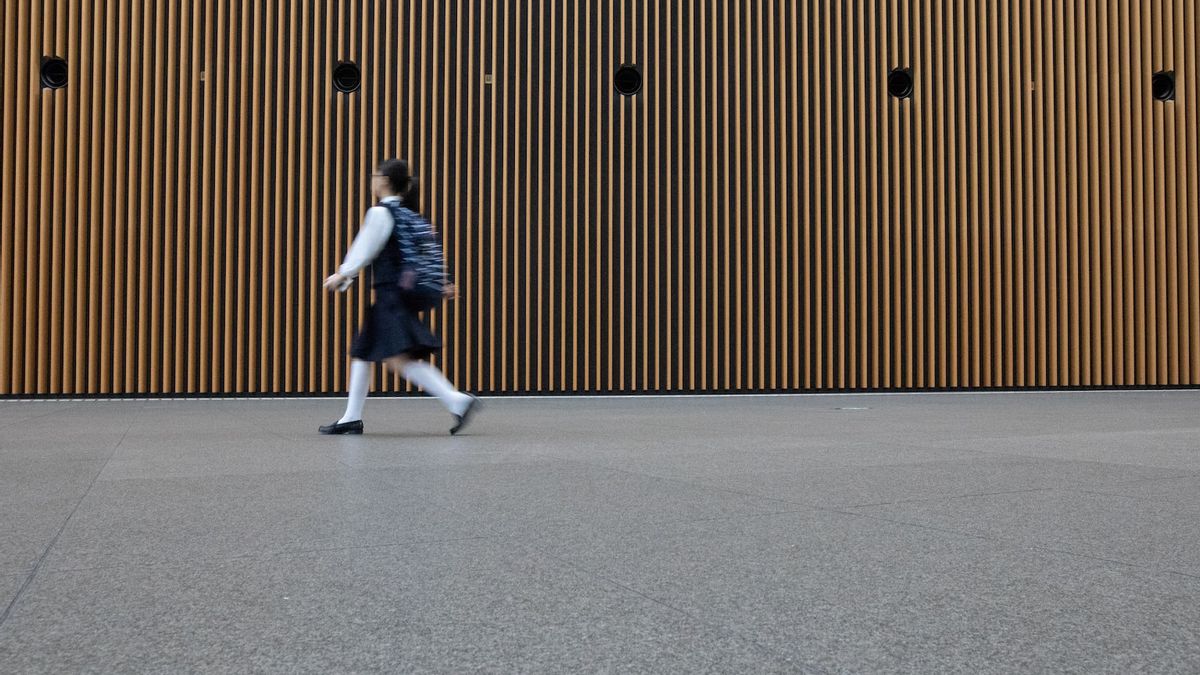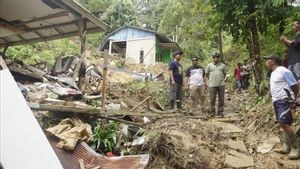JAKARTA - The graduation ceremony is synonymous with excitement. When hundreds of students gathered in one hall. But that doesn't apply in Japan at this time.
The graduation ceremony at Yumoto Junior High School in the mountainous part of northern Japan is so sad. There are only Eita Sato and Aoi Hoshi who walk to the school graduation ceremony.
Their footsteps resonated in a hall that was once crowded and noisy with students during the same event a dozen years ago.
Both of them are the only graduates of Yumoto Middle School. And unfortunately, it will be the last. The 76-year-old school will be closed for good after the school year ends on Friday.
"We heard rumors of school closures in our second year, but I didn't imagine it would actually happen. I was shocked," said 15-year-old Eita as quoted by Japan Today, Monday, April 3.
Birth rates in Japan have fallen faster than expected. The closure of schools, especially in rural areas such as Ten-ei, mountainous ski areas and hot springs in Fukushima Prefecture, is common.
The large cost of giving birth to children is the culprit. Prime Minister Fumio Kishida promised to make policies to increase birth rates, including doubling the budget for policies related to children, and saying protecting the educational environment is very important.
But that's not enough.
Birth rates fell below 800,000 in 2022, a new record low. About 450 schools close each year. Between 2002 and 2020, nearly 9,000 closed their doors forever, making it difficult for remote areas to lure new and younger residents.
Yumoto Middle School consists of two floors located in the center of the district. It has about 50 graduates per year during its heyday in the 1960s.
Eita and Aoi, together from the third, were in the fifth grade of people to elementary school but only two continued at Yumoto.
Their desks sit side by side in the middle of a classroom designed for 20 people, and during their first year they "worked a lot", said Eita.
Aoi, who aspires to become a kindergarten teacher in his hometown, will attend a different school from Eita starting April.
"I don't know if there will be children in the village when I become a teacher," said Aoi. "But if anything, I want to come back."
The English, Chinese, Japanese, Arabic, and French versions are automatically generated by the AI. So there may still be inaccuracies in translating, please always see Indonesian as our main language. (system supported by DigitalSiber.id)








